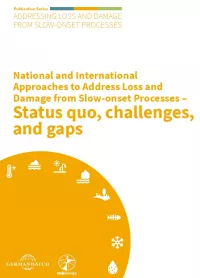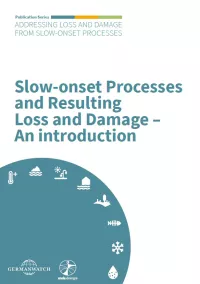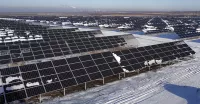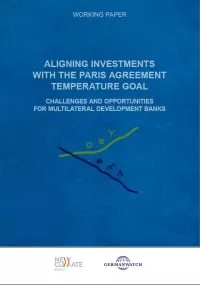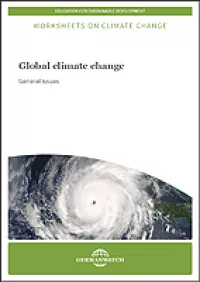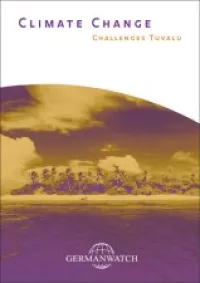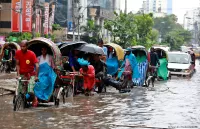
Climate change is already a reality. At the same time, there is a gap regarding measures to manage climate risks and impacts in vulnerable developing countries. This study analyses existing and planned financial instruments and mechanisms in countries of the Climate Vulnerable Forum (CVF). Based on six key findings, a set of conclusions on knowledge gaps and open research questions, the necessary support from the international community as well as strenghened cooperation through partnerships are presented.

